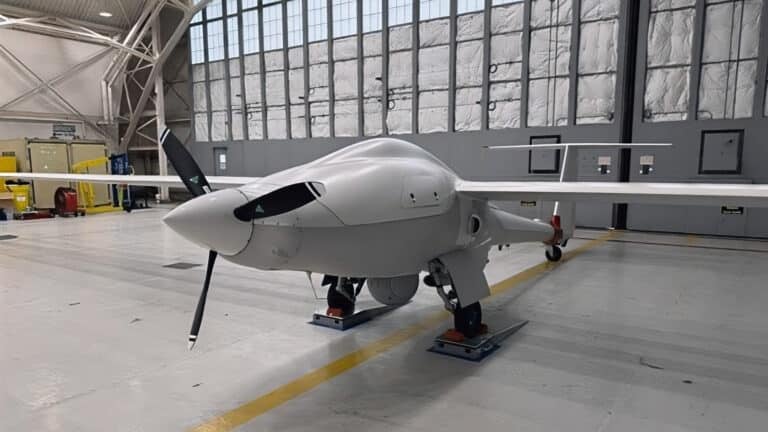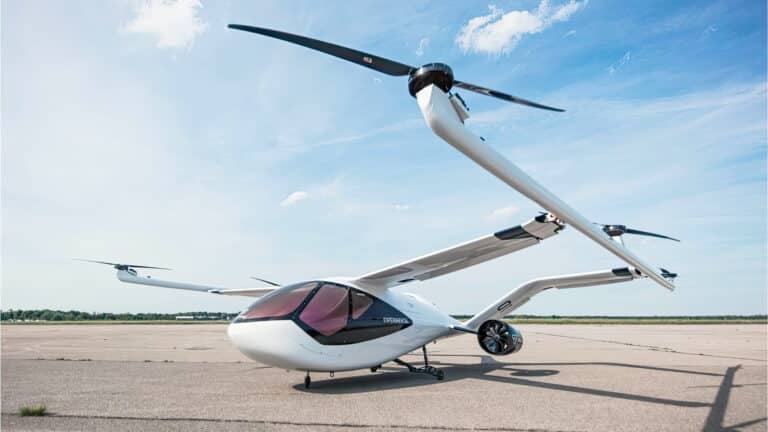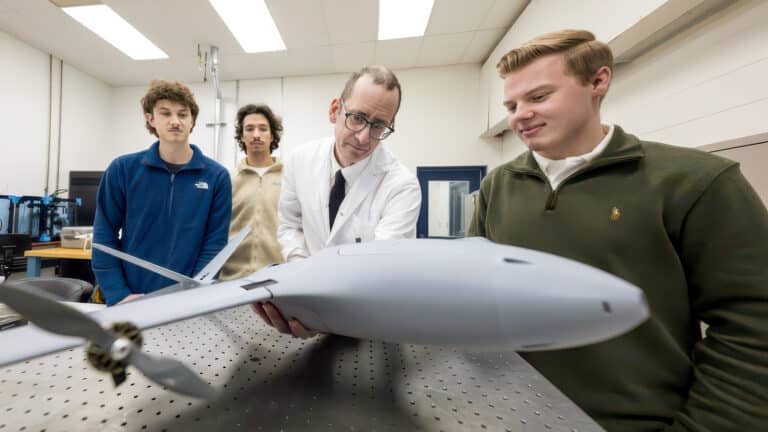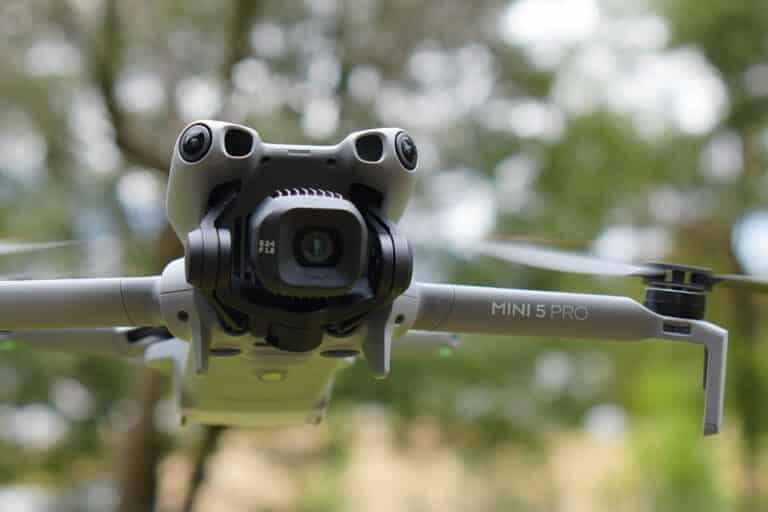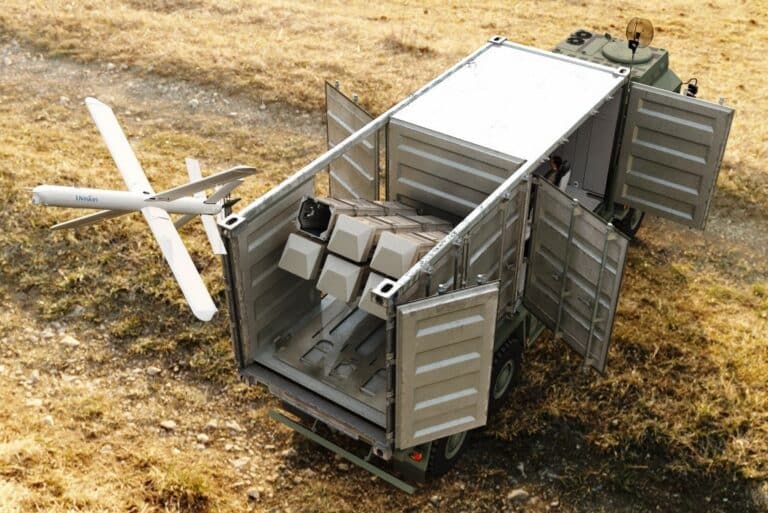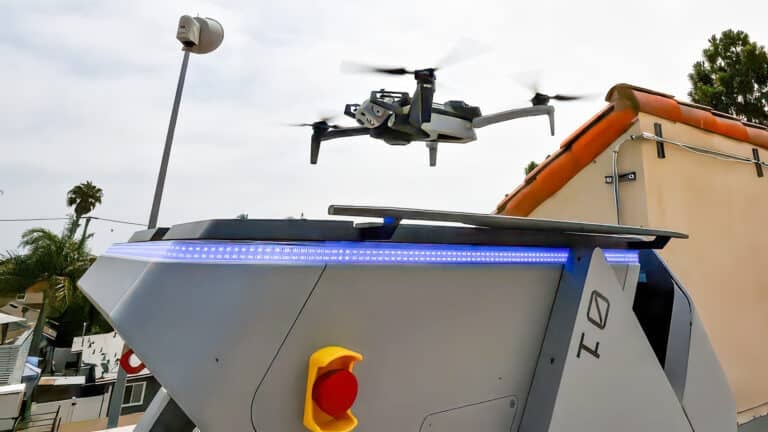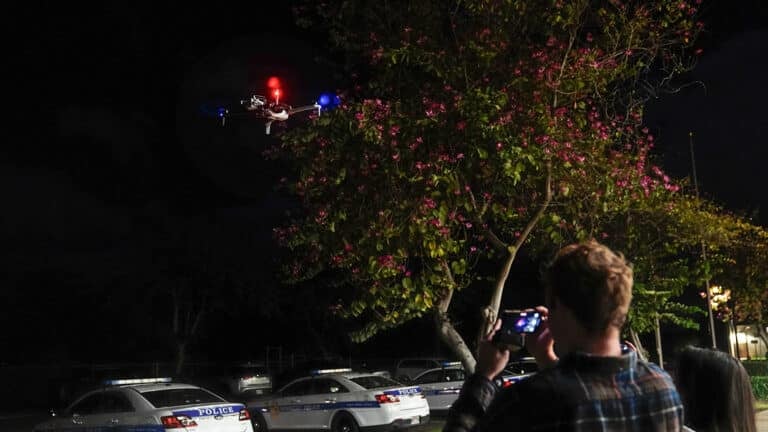France Accelerates Development of Small Suicide Drones After Witnessing Ukraine Conflict

Check out the Best Deals on Amazon for DJI Drones today!
The French military has fast-tracked its pursuit of small suicide drones in response to their effective use in the Ukraine conflict. The French Ministry of the Armed Forces recently narrowed down its Colibri (Hummingbird) project, which began in May, to two contenders out of an original 19.
The country’s Defense Innovation Agency (AID) and procurement agency, the DGA, launched the Colibri project in partnership. France plans to have a “base of 1,800” remotely controlled munitions, Armed Forces Minister Sébastien Lecornu told Le Figaro.
In January, he informed French lawmakers that France had “fallen behind” in developing this new weapon type, and he outlined plans for “thousands” of such munitions by 2030. Lecornu cited Ukraine as a lesson learned.
Down to two finalists to provide suicide drones
The two finalists in the Colibri competition are MBDA/Novadem, with a rotor-blade drone proposal, and Nexter, partnering with an unnamed drone manufacturer, which offered a fixed-wing drone solution. Both consortia will fly demonstrators by the end of the year, allowing the AID and DGA to evaluate their proposals against operational requirements.
The MBDA/Novadem project, called Sphinx, is designed for urban or enclosed spaces, while Nexter’s surveillance drone-based project is more suited to open environments. Nexter Arrowtech, Nexter’s munitions unit, will develop the munition carried by the drone made by the anonymous manufacturer. According to Nexter, this operational concept introduces a new, controlled fragmentation warhead to the French arsenal.
The Colibri project aims to quickly identify French remotely controlled munition concepts that are inexpensive, easy to use, and capable of neutralizing a light vehicle within five kilometers of the drone’s launch point. The drone must also be able to remain airborne for at least 30 minutes, be secure from interference, be small enough for a soldier to carry, and have a recurrent cost of less than €20,000 ($21,673).
An anonymous industry representative told Breaking Defense that the focus is on developing fixed-wing and rotor-wing drones specifically designed to carry an explosive charge instead of modifying off-the-shelf drones to carry grenades. The source emphasized that the French concept of use will always involve human control, meaning no automatically deployed munitions.
AID and the SGA are also reportedly working on another remotely controlled munitions project called Larinae (Gull), intended to target armored vehicles within 50 kilometers of takeoff. The DGA requires the system to be able to fly for at least an hour and to be robust and secure from interference.
The recurrent cost of the platform should be less than €200,000 ($216,600). Although French media reported two finalists for this competition, a source familiar with the contest stated that such reports were premature.
Photo credit: Novadem
Discover more from DroneXL.co
Subscribe to get the latest posts sent to your email.
Check out our Classic Line of T-Shirts, Polos, Hoodies and more in our new store today!

MAKE YOUR VOICE HEARD
Proposed legislation threatens your ability to use drones for fun, work, and safety. The Drone Advocacy Alliance is fighting to ensure your voice is heard in these critical policy discussions.Join us and tell your elected officials to protect your right to fly.
Get your Part 107 Certificate
Pass the Part 107 test and take to the skies with the Pilot Institute. We have helped thousands of people become airplane and commercial drone pilots. Our courses are designed by industry experts to help you pass FAA tests and achieve your dreams.

Copyright © DroneXL.co 2026. All rights reserved. The content, images, and intellectual property on this website are protected by copyright law. Reproduction or distribution of any material without prior written permission from DroneXL.co is strictly prohibited. For permissions and inquiries, please contact us first. DroneXL.co is a proud partner of the Drone Advocacy Alliance. Be sure to check out DroneXL's sister site, EVXL.co, for all the latest news on electric vehicles.
FTC: DroneXL.co is an Amazon Associate and uses affiliate links that can generate income from qualifying purchases. We do not sell, share, rent out, or spam your email.




